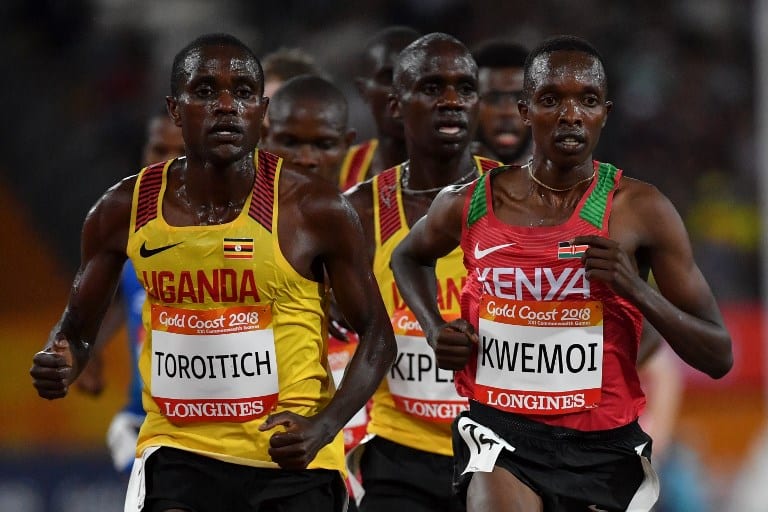Kenyan 10,000-meter athlete Rodgers Kwemoi has been banned for six years after being implicated in a sophisticated blood doping scheme, leading to the annulment of his Olympic and world championship results.
The Athletics Integrity Unit (AIU) announced the ban on Friday, stating that Kwemoi’s results dating back to August 2016 have been voided due to a “deliberate, systematic, and sophisticated doping regime.” This includes his seventh-place finish at the Tokyo 2021 Olympics, fourth place at the 2019 World Championships in Qatar, and the bronze medal he earned at the 2018 Commonwealth Games.
Additionally, Kwemoi has been stripped of the world junior title he secured in 2016, which he won with a record-breaking performance.
View this post on Instagram
Kwemoi’s ban extends until August 2029, by which time he will be 31 years old. Despite not testing positive for any banned substances, his athlete biological passport (ABP) showed irregular blood values, especially before major competitions. The ABP tracks changes in an athlete’s blood profile over time, which can indicate doping.
The AIU tribunal determined that Kwemoi engaged in intentional blood manipulation over an extended period. Expert analysts concluded that his abnormal blood values, recorded between July 2016 and February 2023, could not be attributed to altitude changes often experienced by distance runners.
This ruling may affect the standings of his competitor, Jacob Kiplimo of Uganda. Kiplimo, who finished third at the 2016 world junior championships and fourth at the 2018 Commonwealth Games, may see his placements upgraded. Kiplimo later won an Olympic bronze medal in Tokyo and achieved a double victory in the 5,000 and 10,000 meters at the 2022 Commonwealth Games in Birmingham, England.
Kwemoi’s case underscores the ongoing efforts and challenges in combating doping in athletics, as the sport’s authorities continue to strive for fair competition.

























